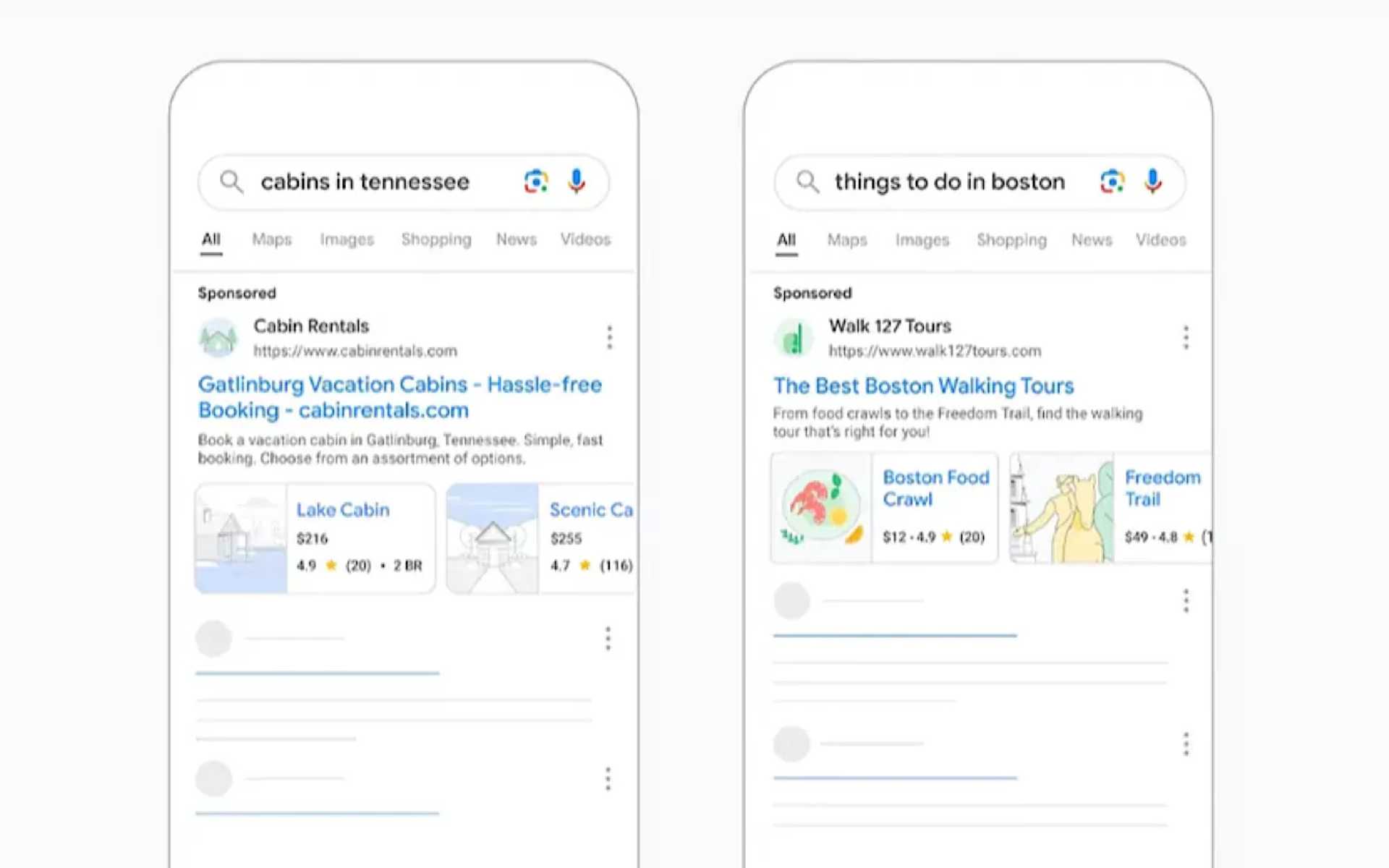Google’s Gary Illyes recently shared insights about why Google is wary of signals controlled by site owners and SEOs, including authorship. His comments, made during a live interview at a search conference in May 2024, provide valuable guidance on what site owners and SEOs should focus on when optimizing websites.
The Question of Authorship Signals
During the interview, a question was raised about the possibility of Google reintroducing authorship signals. The idea of authorship signals has intrigued many SEOs, who have interpreted Google’s encouragement to review the Search Quality Raters Guidelines as a hint to focus on authorship for ranking purposes. This concept is linked to EEAT (Expertise, Experience, Authoritativeness, and Trustworthiness), which some SEOs believe are signals that Google’s algorithms prioritize.
Why Google Mistrusts SEO-Controlled Markup
Illyes quickly dismissed the idea of bringing back authorship signals, explaining that any markup controlled by SEOs and site owners tends to become spammy and unreliable. He highlighted that SEO-controlled data on web pages, such as rel-canonical tags and meta descriptions, are treated as suggestions rather than directives due to their potential for misuse.
Illyes elaborated:
“I don’t know of such plans and honestly, I’m not very excited about anything along those lines… because pretty much any markup that SEOs and site owners have access to will be in some form spam. And generally, they are not good signals. That’s why rel-canonical, for example, is not a directive but a hint.”

The Limitations of Algorithmically Determined Authorship
Illyes also addressed the concept of algorithmically determined authorship signals, stating that even these lack significant value. This revelation may surprise SEOs and site owners who have invested heavily in enhancing their authorship data, hoping it would improve their rankings.
Illyes noted:
“If it’s algorithmically determined, then perhaps it would be more accurate or could be higher accuracy, but honestly, I don’t necessarily see the value in it.”
The Importance of Reliable Metadata
While discussing rel-canonicals, Illyes emphasized that although they are suggestions, they are strong suggestions. This indicates that Google has varying levels of trust in different types of publisher-provided data. Canonicals are more trusted because they align with the publisher’s interest in accurately representing content, unlike other data that might be manipulated for better rankings.
What This Means for SEOs and Site Owners
Illyes’ comments highlight the importance of focusing on reliable and trustworthy signals when optimizing web pages. Google’s skepticism towards authorship and other SEO-controlled markup suggests that SEOs should avoid relying on these elements as primary ranking factors. Instead, the focus should be on providing genuine value and accurate metadata that aligns with Google’s guidelines.
By understanding Google’s perspective on SEO-controlled data, site owners and SEOs can better align their optimization strategies with what Google actually values, thereby improving their chances of achieving better search rankings.







